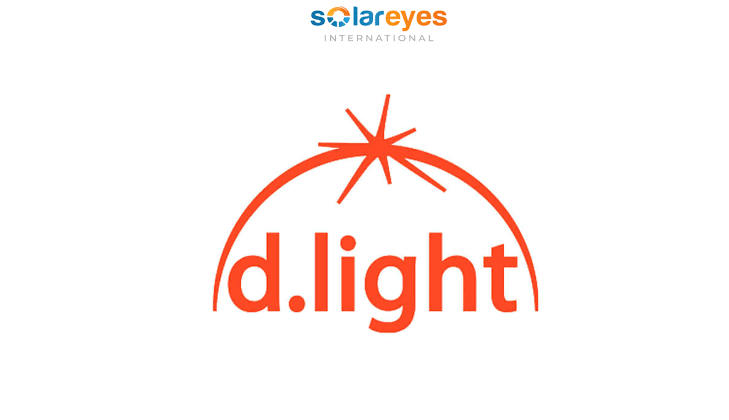The Eastern and Southern African Trade and Development Bank Group (TDB Group) gave D.Light a $30 million securitization facility so that it could buy up to $125 million of receivable assets.
D.Light is a global provider of transformative household goods and cheap financing for low-income households.
d.light will use the money to grow its Tanzanian securitized financing facility and Pay-Go personal finance business so that more low-income people and families can buy its solar-powered household items.
Read also: Solar Pay-go Scaleups Get Large Share Of Debt Financing
Nick Imudia, CEO of d.light, said, “This new financing from TDB gives us the extra money we need to reach more low-income families and households in Tanzania through our Pay-Go business in a way that is affordable for our customers and good for our business.”
“d.light and our lending partners have been leading the way for a long time in creating securitized finance as a new, scalable way to raise equity for off-grid solar systems that is backed by present and future customer sales. We’ve been using the securitization model successfully in Kenya for several years, and now we’re bringing it to Tanzania with the help of our partners.
Imudia went on to say, “Securitization is an important financial tool that can help African countries reach the Sustainable Development Goals of the United Nations for energy access because it is a flexible way to get money. In 2023, d.light plans to expand this plant into other major sub-Saharan African markets.
Since 2020, d.light has raised $490 million through securitized loans. TDB will be the main financing tool in Tanzania.
Michael Awori, the CEO of TDB, said, “Access to energy is key to the continent’s long-term growth, especially for the most vulnerable off-grid areas. As one of the top green energy financiers in the area, we’re happy to give d.light this second facility, this time in Tanzania.
With the PAY-as-you-go model, the company touched more than 1,677,216 people around the world in 2022 alone. Solar lights instead of paraffin lamps also created close to 2,000 jobs and stopped the release of 1,329,371 metric tonnes of CO2 and black carbon. This is the kind of strong track record that TDB wants to maintain,” he said.
Tanzania’s extension of d.light
Tanzania has 63.6 million people spread out over a large area. It is the sixth-most populous country in Africa. The World Bank says that 40% of the world’s people don’t have stable power or access to the grid.
Tanzania was one of d.light’s first markets, and the company has been selling there since 2008, a year after it was started. It has an office in Arusha City, Tanzania, where more than 50 people work full-time.
The Tanzanian finance facility is based on the payments that d.light’s current and future customers there make for solar goods they buy through its Pay-Go service. This information is then used to get more money for the company so it can expand its operations and grow its market share in the country.
Imudia said, “d.light’s distribution and after-sales service network serves some of Tanzania’s most remote and hard-to-reach places.” “We will keep expanding our distribution network so that more places can use our safe, reliable, and affordable solar-powered products.”
Startup Shamsina supports solar water heater enterprise in Egypt
In April, d.light’s range of reliable, affordable solar-powered household goods changed the lives of more than 150 million people around the world.
Brighter Life Tanzania 1 Limited (BLT1) is a new financing company that d.light and its lending partner, African Frontier Capital (AFC), are launching with the funds received.
AFC’s founder and CEO, Eric De Moudt, said, “We are very happy to announce the launch of our latest social impact securitization, BLT1. This further expands our industry-leading off-balance sheet securitization structures into new jurisdictions for d.light and brings the total amount of local currency receivables being financed to almost USD 500 million.
“These social impact securitizations are helping d.light give millions of people access to reliable, clean energy and financial inclusion. They are also helping to make sure that the energy transition is fair and good for everyone.”




